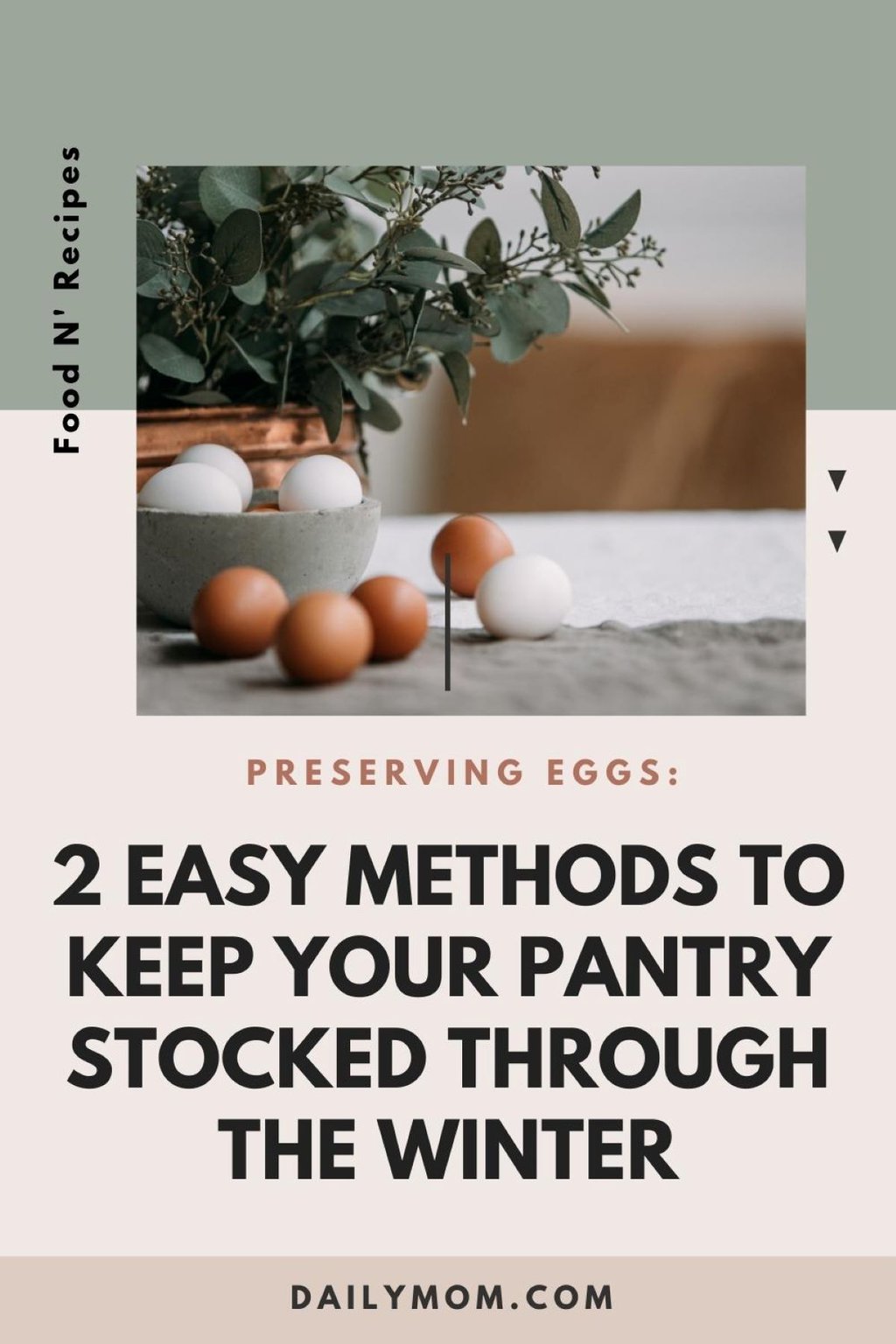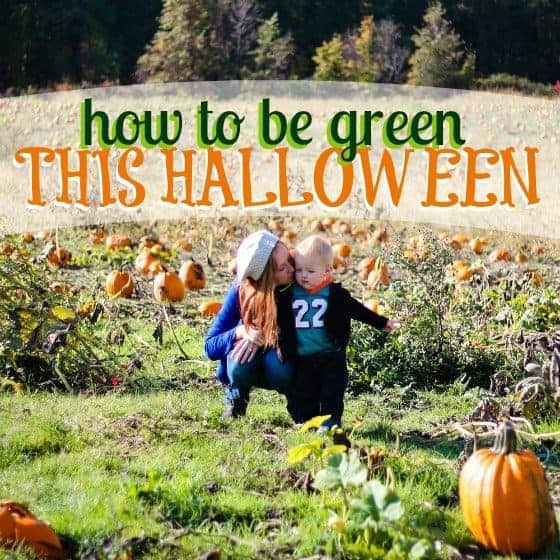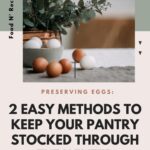Anyone who owns chickens can tell you that the eggs are hands down the best eggs you’ll ever eat, and that’s one of the biggest perks to keeping chickens. But anyone who has owned or researched owning chickens also knows that all good things must come to an end—chickens don’t lay year-round. To enjoy those fresh delicious eggs around the calendar, preserving eggs becomes essential. But how do you preserve something that, traditionally, has a relatively short shelf life?
The answer is simpler than you may think. There are two key ways of preserving eggs to stash away an abundance of that fresh kitchen staple: water glassing and freezing. Before we dive into both of those methods of preserving eggs, it’s important to understand the biology of your chickens and why they stop laying in the first place.
Look at Me, I’m Molting!
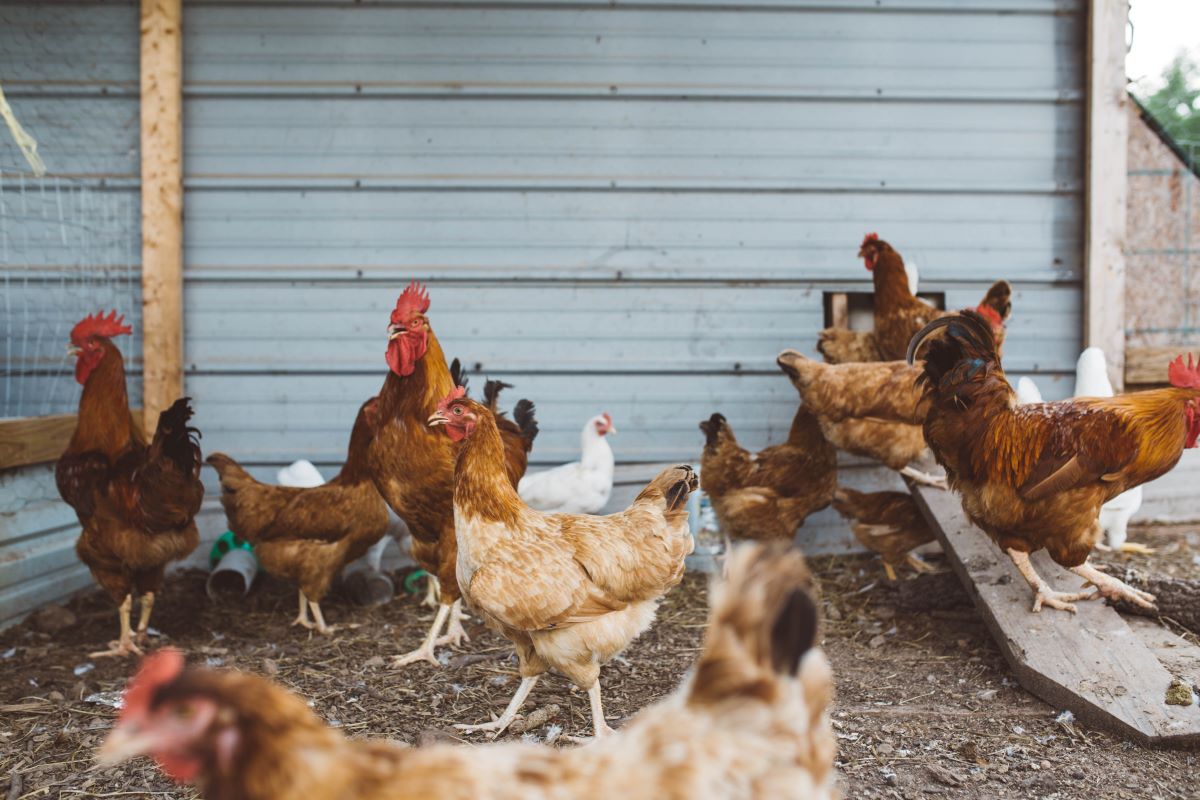
Remember that line from Aladdin where Iago is highly stressed about Jafar’s nefarious plans and he rips his feathers out? That’s molting. Once a year, as the seasons change and daylight decreases chickens will begin to lose their feathers. Don’t worry, they will grow back. It can be quite distressing to see, as a fully grown chicken with half of its feathers is a lot like seeing a fluffy cat reduced to skin and bones in a bath. Most of the chicken you regularly see is feather fluff, so they appear quite scraggly during this season. You might be thinking, yeah, that’s great, but what does that have to do with preserving eggs?
To chickens, the molting process is a time to renew their feathers and build up their nutrient reserves. Instinctively, they are preparing for winter. Even if you live in a tropical climate that sees very mild winters, your chickens drive in innate and they will molt anyway (though the severity may decrease with a mild winter). Because colder weather requires quality feathers for proper insulation, chickens will stop laying eggs to direct their energy into feather production to ensure they are equipped for winter.
Molting is an important time for your chickens. This is their body telling them to rest, recover, and prepare. Just like humans, a hen has a finite number of eggs in her reproductive system from birth. By allowing her to rest naturally with the seasons, you can ensure her body has the nutrients it needs for her to continue laying healthy eggs come Spring. In other words, this her body’s way of preserving eggs for future laying as well as making sure she is equipped to handle any weather variations during the colder months.
(Fun fact: chickens are basically a self-heating furnace, so allowing your chicken the time to regrow her feathers means no additional heat sources is needed unless you live in extreme sub-zero temperatures. As long as your chicken has a warm dry shelter from wind and other elements, she’s fine on her own!)
It is possible to trick chickens into continued laying through molting season with the use of heat lamps to mimic longer days and thus prevent their body from stopping the egg production process and molting. However, preserving eggs in preparation of this season is a safer option all around, as heat lamps can pose a fire hazard in your coop. Plus, would you want to be forced into 24/7 egg production without rest? Instead, use this time to provide extra quality protein snacks for your flock to help build their nutritional reserves for well-fortified and nutrient dense eggs in the spring.
Read More: 5 BENEFITS OF RAISING BACKYARD CHICKENS
Preserving Eggs with Water Glassing

Water glassing eggs might sound a little odd at first, but it’s a method of preserving eggs that has been around for generations. Before grocery stores were on every corner, our ancestors had to put food away for the months where the earth and their livestock rested and grew. Because freezers were also a luxury many people didn’t have, other methods of preserving eggs were employed.
Water glassing is a process for preserving eggs where fresh clean eggs are stored in a large non-porous (glass) container with pickling lime in a dark cool place. The process is not complex, and done right can preserve fresh eggs for more than a year. The pickling lime creates an extra glass-like layer around the fresh eggs keeping the shell intact and protecting the fresh yolk and white inside. Because the shells are unwashed, preserving eggs in lime is not the same as pickled eggs and can be used just like a freshly laid egg for frying, baking, or any other use.
To preserve eggs through water glassing, you’ll need large 64oz mason jars, pickling lime, and a supply of fresh eggs. The mason jars don’t have to be 64oz exactly—you can use larger or slightly smaller jars to suit your needs. 64oz jars hold around one-and-a-half dozen, making them a good fit for most. For every quart of water, you’ll need 1oz of pickling lime. Simply shake the mixture to fulling dissolve the lime, and then add in your eggs. Make sure each egg is fully covered. Secure the lid, and place it in a cool dry place.
Preserving eggs with water glassing isn’t complicated, but there are a few rules to selecting eggs for the process. The eggs you use must be fresh and unwashed, because the bloom (a protective layer secreted by hens to lock nutrients in and keep debris and bacteria out) needs to be intact on the shell, and washing eggs removes that bloom. Because the eggs cannot be washed, you have to be picky and use only clean eggs.
Some eggs come out very clean with no dirt or poop smudges on them, and others come out covered in everything. Only the clean eggs can be used for water glassing or the bacteria from poop and dirt will ruin your lime solution and your preserving eggs will not be safe to consume. You can also go an extra step and candle each egg to ensure there are no hairline cracks in the shell, which would cause that egg to rot.
Easy, right?
Read More: Grandma’s Pickling Recipe: 7 Best Benefits of Pickling
Preserving Eggs Through Freezing
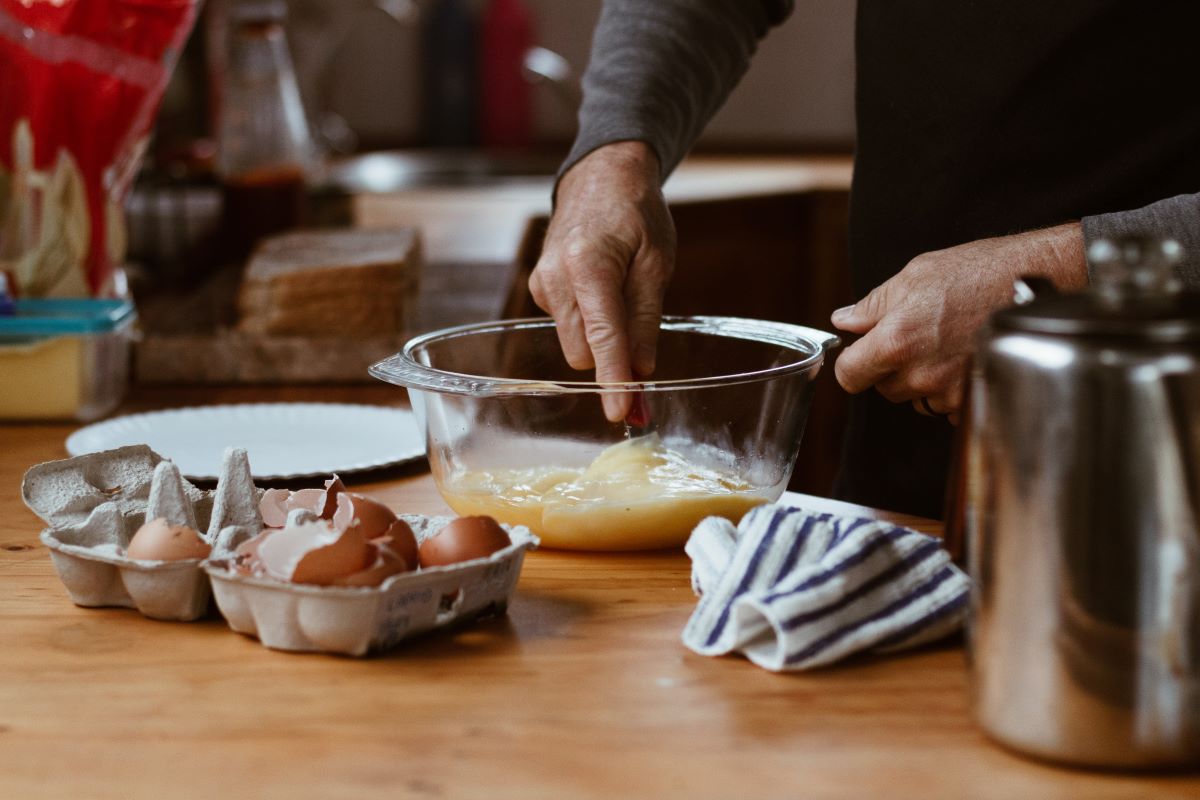
For the eggs that had too much debris on them to safely water glass, you can still preserve them in the freezer for use throughout molting season. This process is even simpler than water glassing. Preserving eggs through freezing involves simply cracking each egg into a single serving container—silicone ice trays work really well for this—lightly scrambling it, then covering and freezing. Frozen eggs are good for about two to four months and work best for recipes that call for eggs, as they lose a bit of their fresh flavor in the freezing process. But they are quite safe to use any way you please.
Read More: 4 Steps to Successfully Petition Your City for Pet Chickens and Why You Should do it Now
Preserving eggs is not rocket science, and even better, it does not require special or expensive equipment, making it accessible to anyone who has farm-fresh eggs. Eggs are a kitchen staple, and just because your hens need a break from laying doesn’t mean you have to take a break from enjoying one of the most nutrient-dense foods available. Especially if you raise your own flock, it can be frustrating to return to store-bought eggs while you helplessly watch your hens molt. Preserving eggs through water glassing and freezing gives you two viable preservation methods to enjoy the benefits of owning chickens a year long.
WANT TO READ MORE?
Check out Daily Mom’s Food N’ Recipes Section for more advice, tips, and tricks.
CONNECT WITH DAILY MOM
💖 NEWSLETTER: DAILY READS IN YOUR INBOX 💖
Sign up to receive our picks for the best things to do, see and buy so you can relax and focus on more important tasks! Let us help you be the best version of yourself you can be!
BE SOCIAL WITH US
📌 LOVE IT? PIN IT!📌
